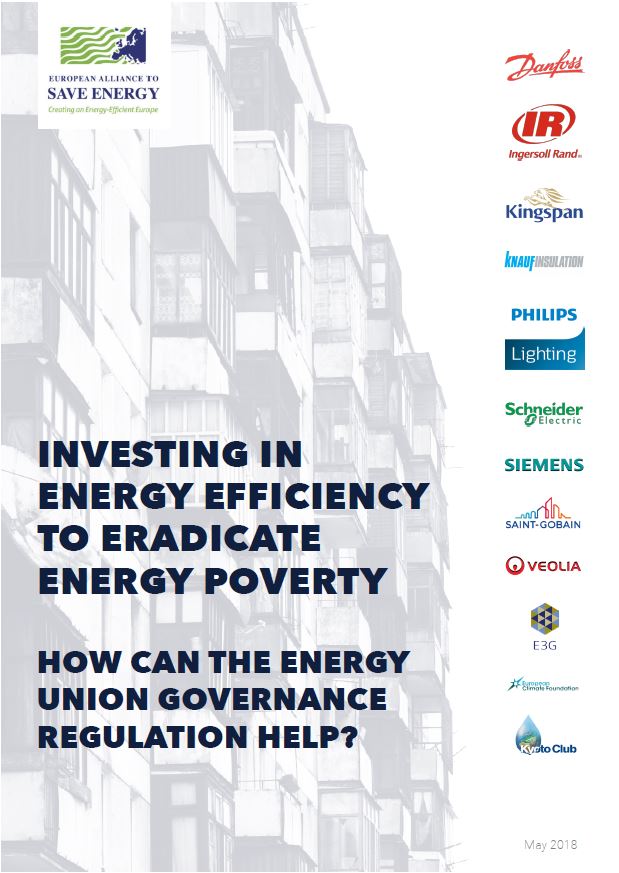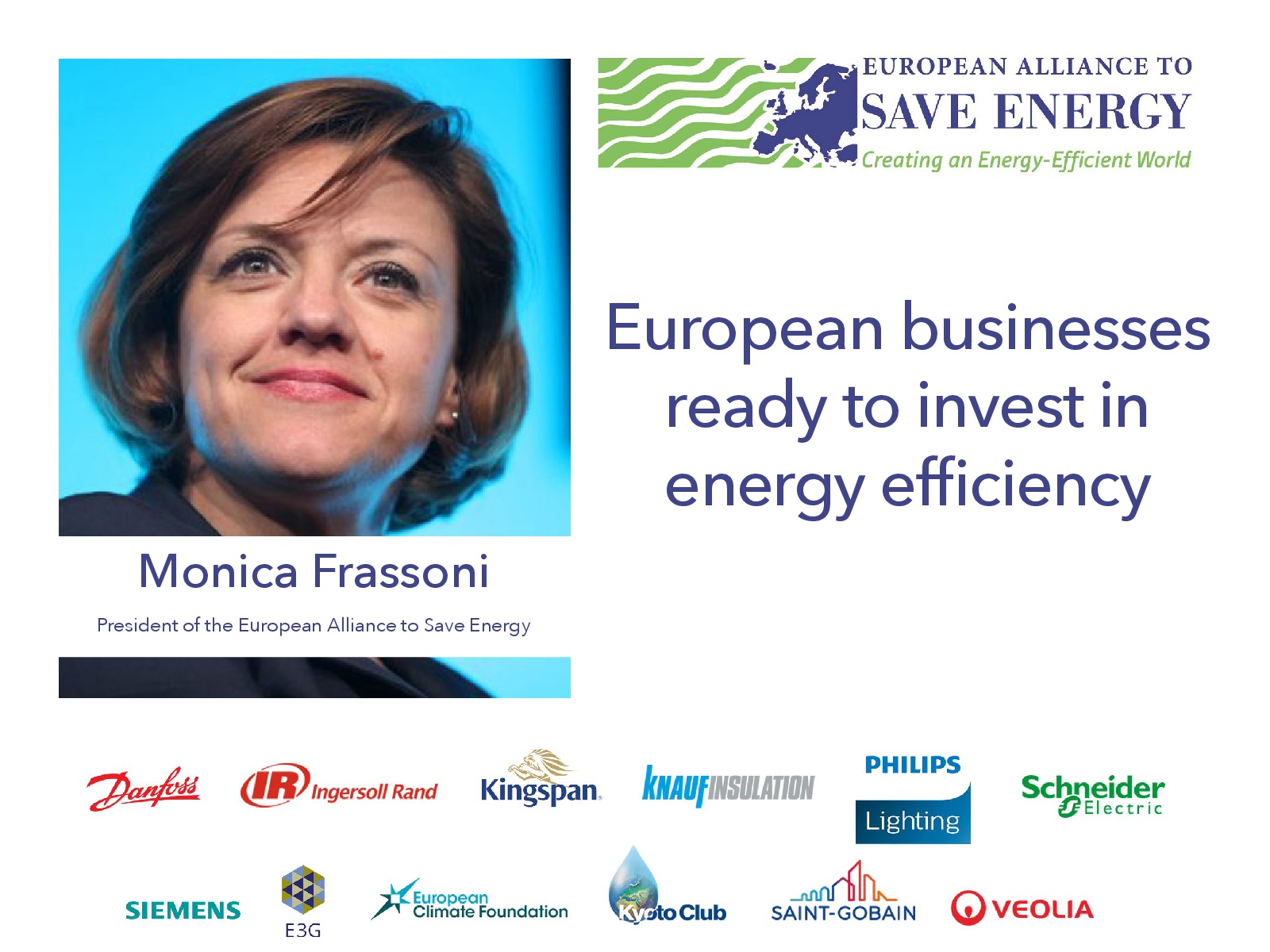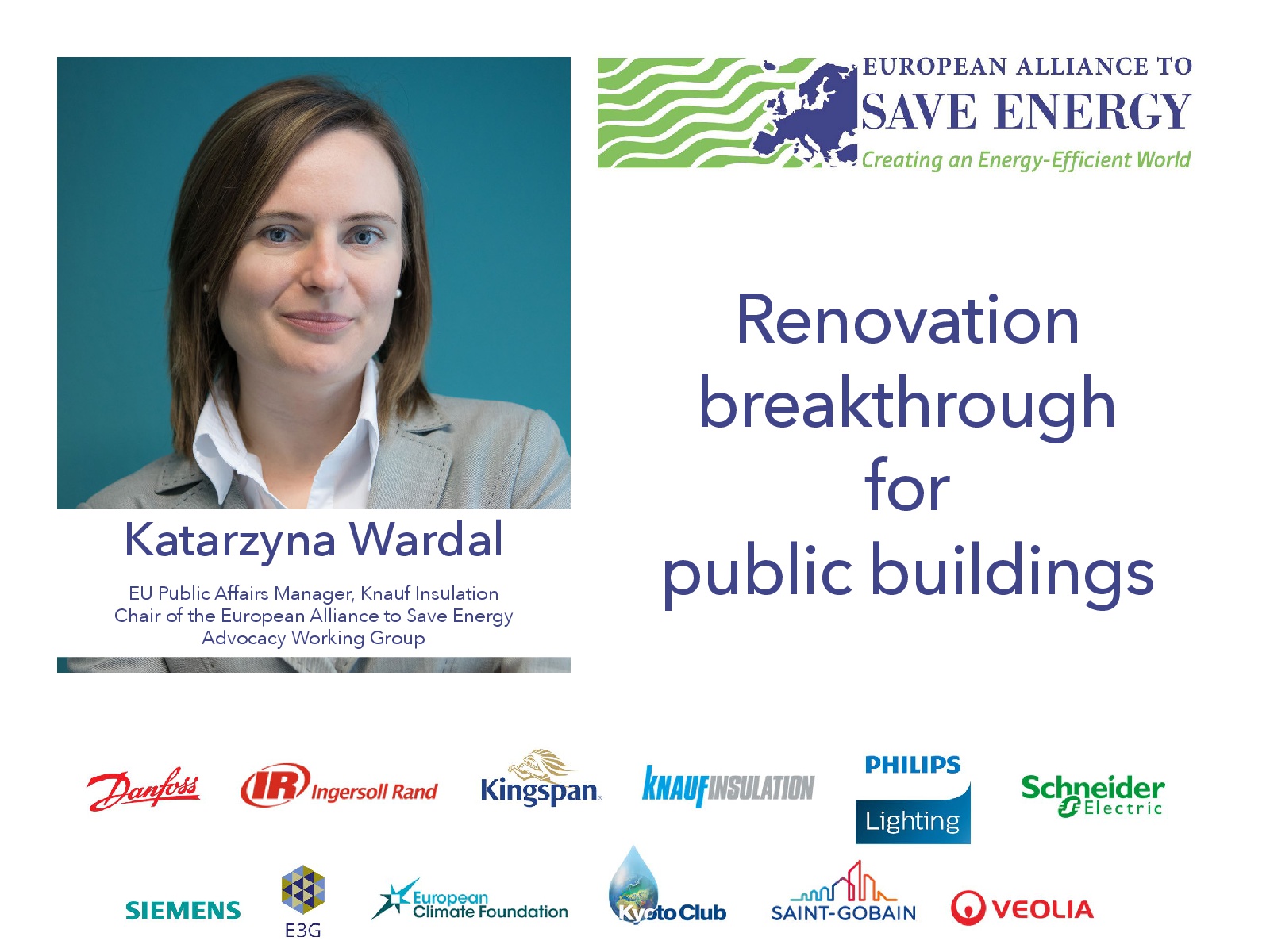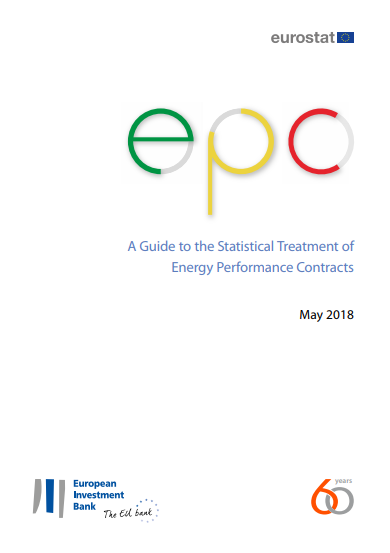L’European Alliance to Save Energy definisce la proposta della Commissione UE di destinare il 25% delle risorse del bilancio post 2020 al clima un buon segnale politico per gli investitori, ma chiede a Bruxelles più coraggio.
La proposta per il Quadro finanziario pluriennale 2021-2027 prevede 1.135 miliardi di euro in impegni e 1.105 miliardi di euro in pagamenti (espressi in prezzi del 2018), un ordine di grandezza analogo a quello del bilancio europeo 2014-2020 se si tiene conto dell’inflazione. Di questi, il 25% sarà destinato a favore degli obiettivi climatici, con un aumento di circa il 5% rispetto al QFP 2014-2020.
Un primo passo importante per definire i mezzi finanziari per affrontare le principali sfide sociali, economiche e ambientali dell’UE, nota l’European Alliance to Save Energy (EU-ASE), associazione europea multisettoriale che riunisce alcune rilevanti imprese multinazionali negli Stati membri. Ma Bruxelles può fare di più.
Clima ed energia meritano un ruolo più centrale
Per Monica Frassoni, presidente dell’associazione, “un obiettivo del 25% della spesa dell’UE che contribuisce agli obiettivi climatici è un buon segnale politico per gli investitori. Tuttavia, data la portata e l’importanza, gli obiettivi dell’accordo di Parigi e quelli di sviluppo sostenibile delle Nazioni Unite, avrebbero meritato un ruolo più centrale nel bilancio a lungo termine dell’UE, perché la decarbonizzazione della nostra economia fornisce valore aggiunto europeo e impatta sulla crescita e sull’occupazione in tutto il continente e sulle dimensioni complessive del bilancio proposto”.
La proposta del Parlamento europeo di aumentare il bilancio dell’Unione all’1,3% del reddito nazionale lordo dell’UE viene definita da EU-ASE “più adeguata per affrontare le sfide future dell’Europa: speriamo che le cifre proposte dalla Commissione saranno riviste e aumentate nei mesi a venire”.
Le 10 richieste per un bilancio UE pro-clima
L’European Alliance to Save Energy rilancia quindi una serie di richieste, messe a punto a marzo, per rendere il Quadro finanziario pluriennale post 2020 favorevole alle azioni climatiche.
No a riduzioni del budget, Sì a più risorse per il clima. La prima richiesta riguarda le risorse a disposizione: EU-ASE chiede che il bilancio, parte integrante del rilancio del progetto europeo dopo la Brexit, non subisca tagli. Al contrario, serviranno più risorse da usare in modo intelligente, efficiente ed efficace. E l’associazione propone anche di aumentare la spesa complessiva per il clima.
Efficienza energetica. Le decisioni di investimento in materia di clima ed energia devono essere guidate da obiettivi di decarbonizzazione a lungo termine, dando priorità dell’efficienza energetica.
“Il rinnovamento efficiente sotto il profilo energetico degli edifici residenziali dell’UE renderebbe il parco immobiliare europeo (che rappresenta fino al 40% del consumo totale di energia in Europa) un’infrastruttura energetica strategica e dovrebbe essere prioritario”, si legge nella nota dell’associazione. Il Quadro finanziario post 2020 “dovrebbe avviare un programma a livello europeo per migliorare il rendimento energetico degli edifici europei, sostenere la crescita economica dell’UE, creare posti di lavoro e migliorare le condizioni di vita dei cittadini”.
Ricerca e innovazione, CEF. L’efficienza energetica dovrebbe inoltre andare a braccetto con la spesa per ricerca e innovazione; e l’associazione invita la Commissione ad includere l’efficienza energetica anche nel nuovo programma Connecting Europe Facility (CEF), lo strumento finanziario UE per migliorare le reti europee nei trasporti, energia e telecomunicazioni.
Bilancio efficiente e monitoraggio climatico. EU-ASE chiede inoltre una migliore allocazione dei fondi e il monitoraggio delle azioni climatiche.
Finanza sostenibile. Il QFP è la migliore opportunità per soddisfare le raccomandazioni messe a punto da un gruppo di esperti d’alto livello per la finanza sostenibile, che prevedono – tra le altre proposte – l’istituzione di marchi UE per i prodotti finanziari verdi e una classificazione chiara che permetta di identificare cos’è sostenibile.
Strumenti finanziari. Il bilancio europeo, conclude l’associazione, dovrebbe essere progettato per mobilitare i flussi finanziari privati.
A climate-proof budget to drive the EU clean energy transition to a low carbon economy






